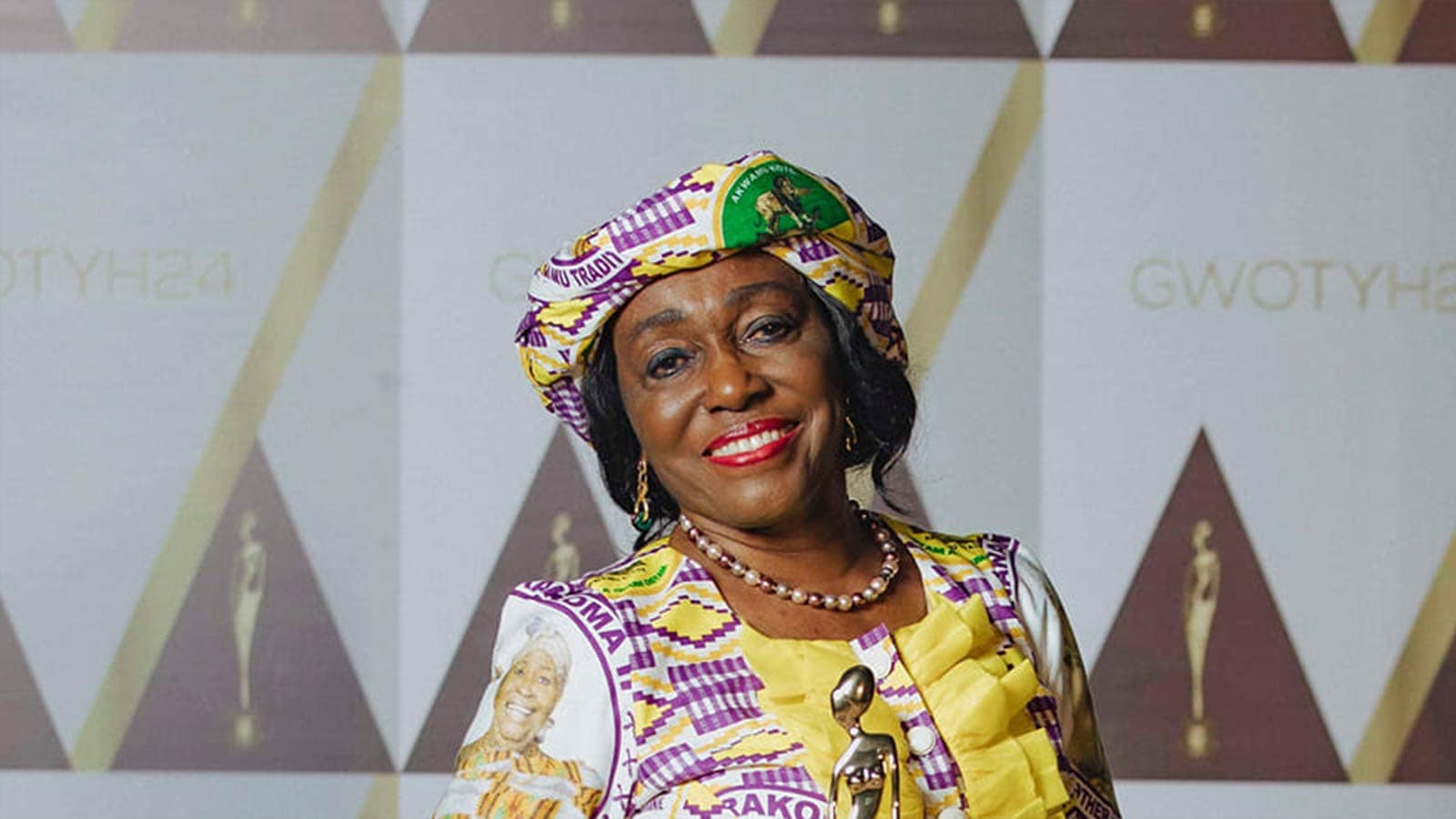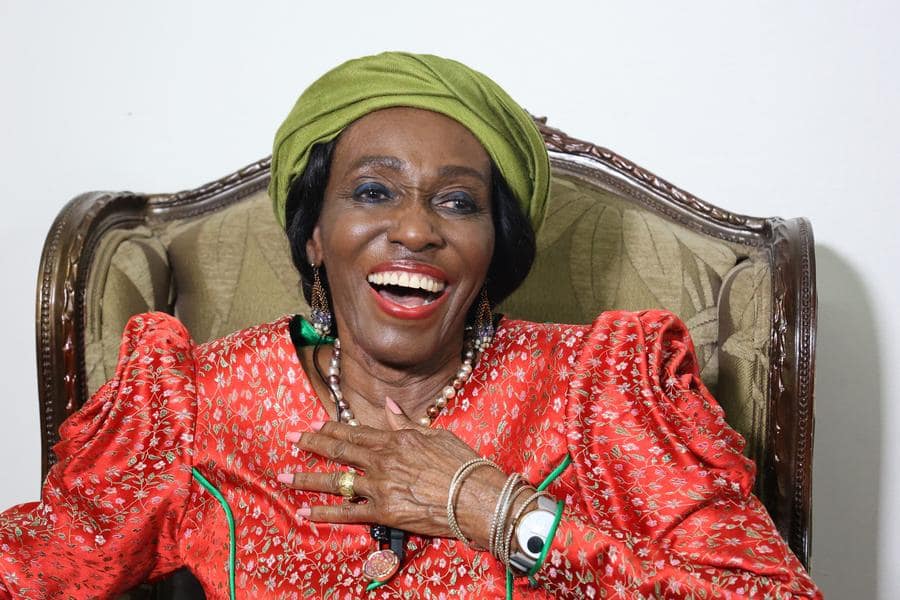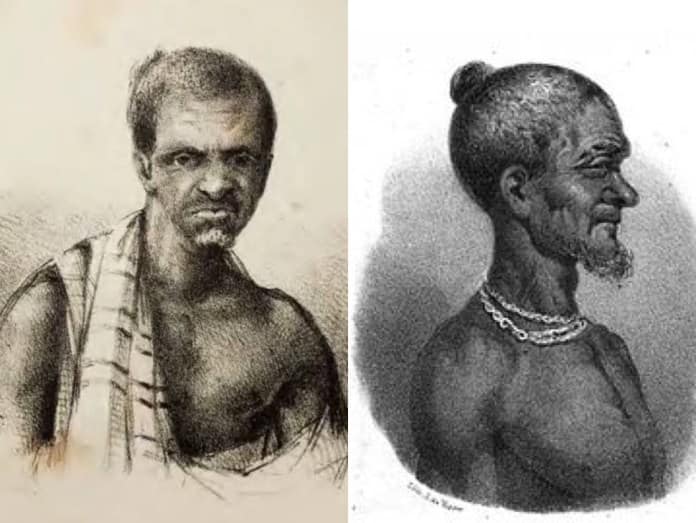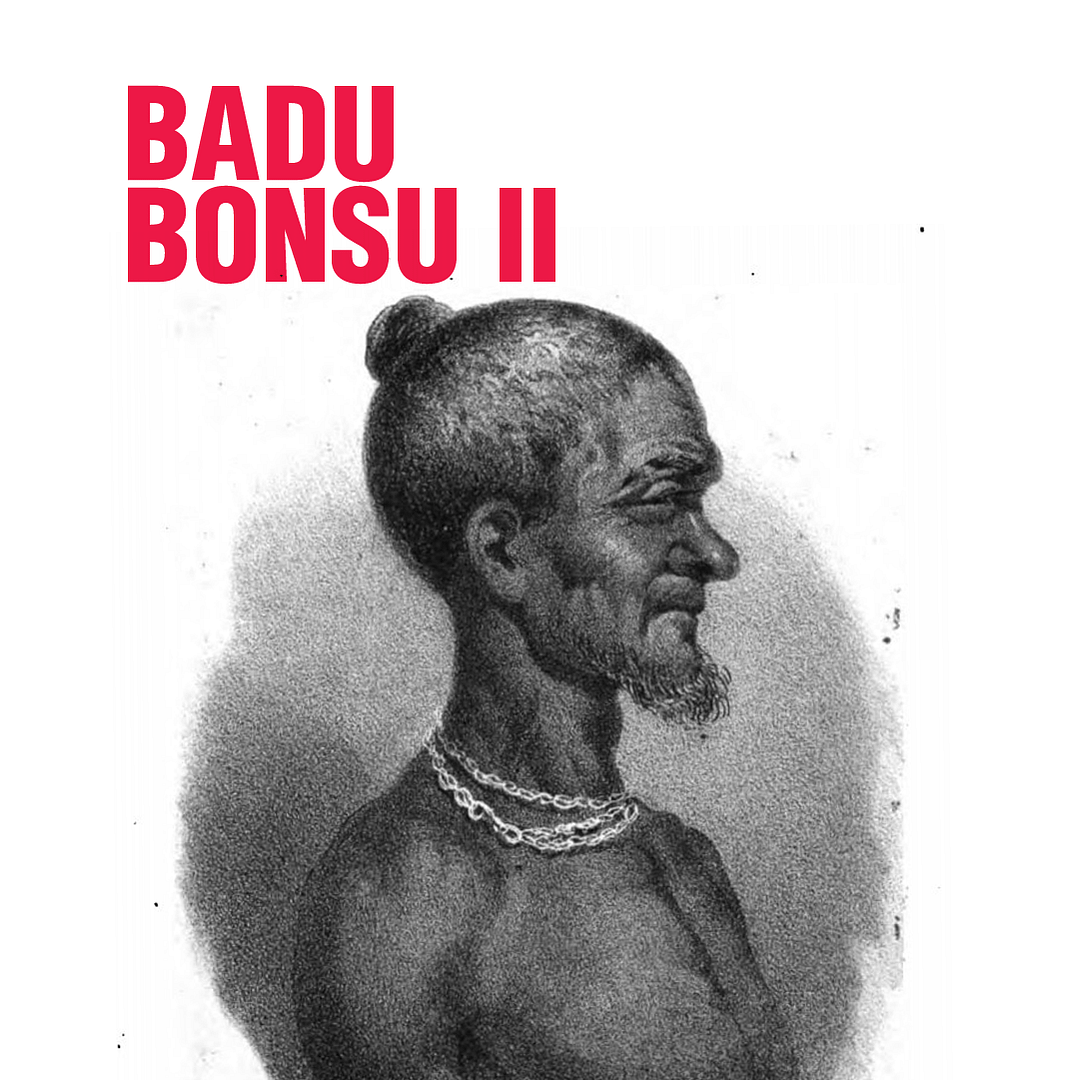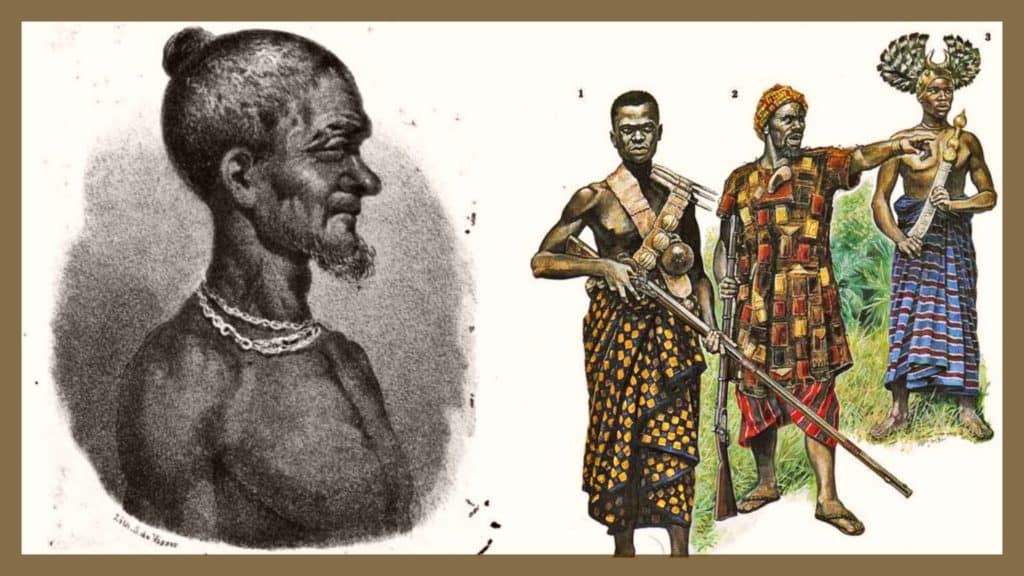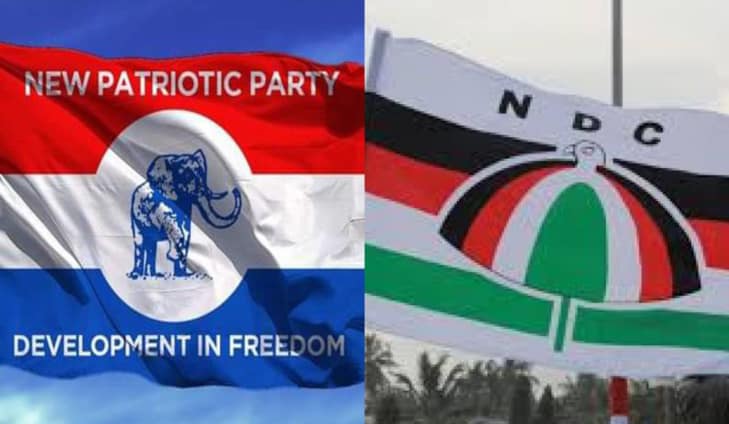
History of the Israel-Palestine Conflict: Timeline & Explanation – (Learn the key events and causes behind the Israel-Palestine conflict. Discover the history, major wars, peace efforts, and why this conflict continues today.)
Introduction
The Israel-Palestine conflict is one of the most enduring and complex political struggles in modern history. Rooted in competing nationalisms, religious significance, and territorial disputes, the conflict continues to shape Middle East politics and influence global diplomacy.
This article offers a concise, SEO-optimized timeline and explanation of the history of the Israel-Palestine conflict, from its early roots to the current situation.
Origins of the Conflict (Late 1800s – Early 1900s)
1. Rise of Zionism and Arab Nationalism
- In the late 19th century, the Zionist movement emerged with the goal of establishing a Jewish homeland in Palestine, then part of the Ottoman Empire.
- At the same time, Arab nationalism was growing, with Palestinians seeking independence and resisting foreign rule.
2. British Mandate and Balfour Declaration (1917)
- The Balfour Declaration supported the establishment of a “national home for the Jewish people” in Palestine.
- Tensions grew between Jewish immigrants and Arab residents, leading to frequent violence and distrust.
Partition and the 1948 Arab-Israeli War
1. UN Partition Plan (1947)
- The United Nations proposed a two-state solution: separate Jewish and Arab states, with Jerusalem under international control.
- Jewish leaders accepted; Arab leaders rejected the plan, calling it unjust.
2. Creation of Israel and the Nakba (1948)
- On May 14, 1948, Israel declared independence.
- Arab nations invaded; Israel won, but over 700,000 Palestinians were displaced—an event Palestinians refer to as the Nakba (“catastrophe”).
Key Wars and Occupations
1. 1967 Six-Day War
- Israel captured Gaza, the West Bank, East Jerusalem, and the Golan Heights.
- These territories remain at the heart of today’s conflict, with Palestinians seeking a sovereign state.
2. 1987 & 2000 – First and Second Intifadas
- These were major Palestinian uprisings against Israeli occupation, marked by widespread protests, violence, and international attention.
Peace Efforts and Roadblocks
1. Oslo Accords (1993–1995)
- A breakthrough moment: Israel and the PLO recognized each other.
- Led to the creation of the Palestinian Authority (PA), but key issues like borders, refugees, and Jerusalem remained unresolved.
2. Ongoing Settlements and Blockades
- Israel’s continued settlement expansion in the West Bank and blockade of Gaza have fueled Palestinian resentment.
- Hamas’ rise in Gaza and repeated conflicts with Israel have stalled peace efforts.
Recent Developments (2010s–2020s)
- 2021 and 2023 escalations saw deadly clashes between Hamas and Israel, often sparked by events in East Jerusalem.
- International efforts for a two-state solution continue, but mutual distrust, violence, and political divisions remain obstacles.
- In 2024–2025, normalization talks between Israel and Arab states have intensified, further complicating dynamics with the Palestinians.
Conclusion
The Israel-Palestine conflict is deeply rooted in history, identity, and competing claims to land. While numerous peace efforts have been made, a lasting resolution remains elusive.
Understanding the history is key to grasping today’s tensions—and why a just, peaceful solution is so difficult to achieve.
DISCLAIMER: The Views, Comments, Opinions, Contributions and Statements made by Readers and Contributors on this platform do not necessarily represent the views or policy of ahantawest.com



